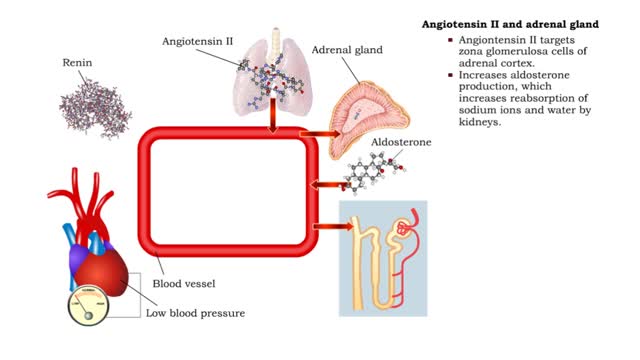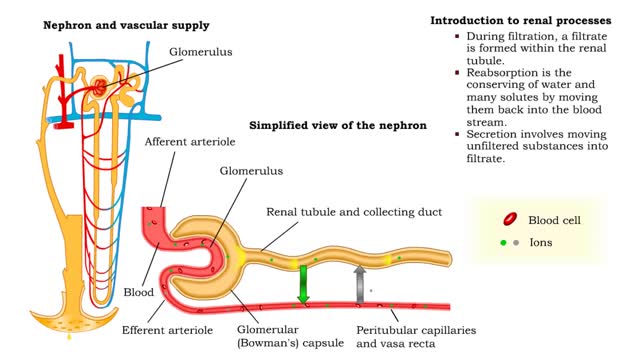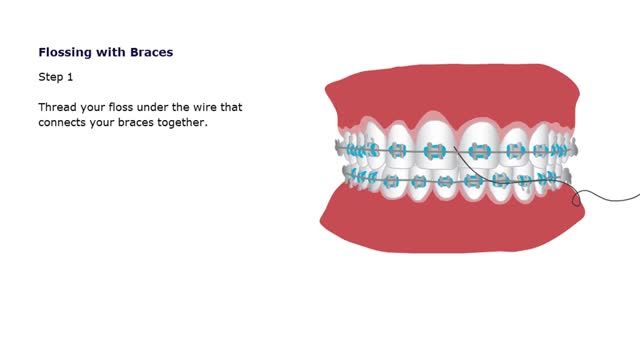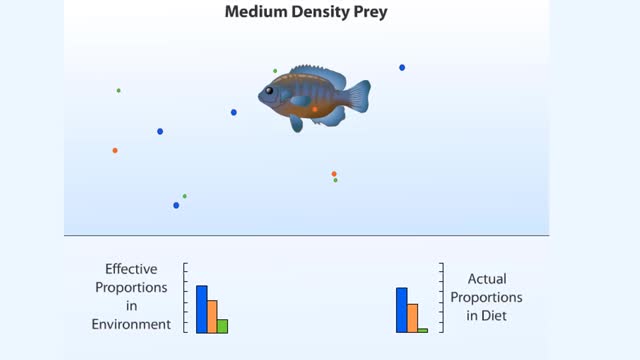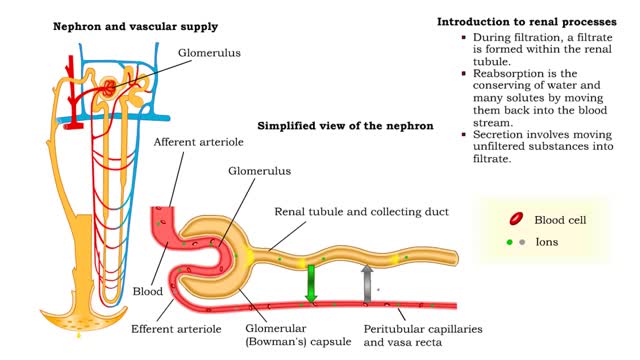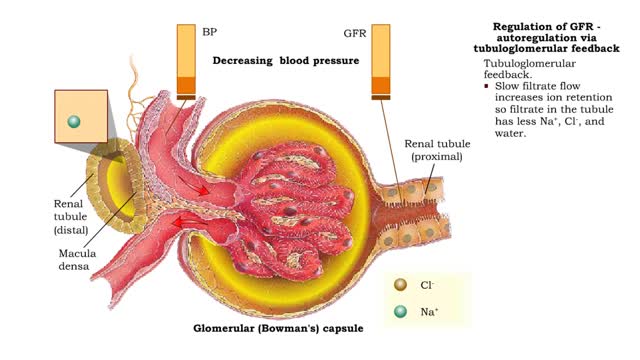Search Results
Results for: 'Na ion and water loss'
Angiotensin II - kidneys, adrenal glands and dehydration
By: HWC, Views: 10759
• Angiontensin II targets cells in the proximal convoluted tubule of the nephron. ■ The reabsorption of Na+ and Cl- ions sets up an osmotic gradient favoring the retention of water. • Decreases urine production and increases blood volume and pressure. • Angiontensin II targets zon...
Photosynthesis and Van Helmont Experiment
By: HWC, Views: 9938
All energy on Earth comes from a star, the Sun. Light must travel 160 million kilometers to reach Earth where plants capture this light energy and convert it to chemical energy in the form of sugars. This biochemical process is called PHOTOSYNTHESIS. The summary equation for photosynthesis is ...
Introduction to filtration - filtrate formation and composition
By: HWC, Views: 10854
• At the nephron, the three process responsible for the formation of urine include: • Glomerular filtration. • Tubular reabsorption. • Tubular secretion. • During filtration, a filtrate is formed within the renal tubule. • Reabsorption is the conserving of water and many s...
Oral Hygiene & Braces Animation
By: HWC, Views: 10211
Caring for Your Retainer Retainers, just like your teeth collect plaque, bacteria and food particles. You should clean your retainer everyday! Keep your retainer soaking when it is not in your mouth. Use a mouthwash rinse to freshen it up and keep it free of bacteria. Keep your retainer away fr...
By: Administrator, Views: 13800
Otitis media is a group of inflammatory diseases of the middle ear. The two main types are acute otitis media (AOM) and otitis media with effusion (OME). AOM is an infection of rapid onset that usually presents with ear pain. In young children this may result in pulling at the ear, increased cryi...
How does an animal choose what food to eat?
By: HWC, Views: 10135
One might assume that natural selection has influenced the foraging behaviors of animals, and that most animals forage efficiently, spending the least energy to gain the most nutrients. This is the underlying assumption of optimality modeling, a scientific approach to studying foraging behavior. ...
By: Administrator, Views: 13891
Deaf culture is the set of social beliefs, behaviors, art, literary traditions, history, values, and shared institutions of communities that are influenced by deafness and which use sign languages as the main means of communication. When used as a cultural label especially within the culture, the...
Carbohydrate Metabolism: Introduction to renal processes and filtrate formation and composition
By: HWC, Views: 10859
• At the nephron, the three process responsible for the formation of urine include: • Glomerular filtration. • Tubular reabsorption. • Tubular secretion. • During filtration, a filtrate is formed within the renal tubule. • Reabsorption is the conserving of water and many s...
Regulation of GFR: autoregulation via myogenic mechanism Myogenic mechanism
By: HWC, Views: 12241
• GFR can be regulated by adjusting: • Blood flow in and out of the glomerular capillaries. • Surface area of glomerular capillaries. • There are three main ways to make these adjustments: • Renal autoregulation. • Nervous regulation. • Renal autoregulation occurs when...
Advertisement



